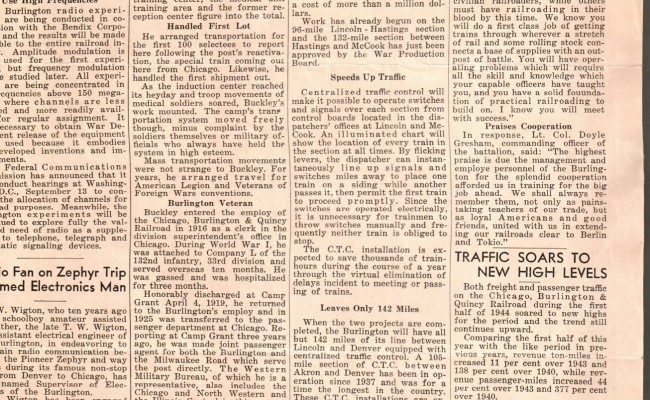When the kitten with a dislocated limb is euthanised,
you’ve stopped reading my blog, my sister refuses the call,
a bargirl on the south side of Sydney is being shagged,
when every contract is optional, the ping-pong game is over,
the flat day reeks of a stinking premonition on the pretext of
afternoon teacake, vanilla-iced, served with the luminous smiles
of a stay-at-home mum to reprise me of the stakes I’ve gambled,
make-up too bright, or remind me falciparum malaria hooks up
to maggots glossing the trash heaps on Manus Island, page 6 –
when the slush pile of supplier statements, invoices, failure-to-pays
I’ve ignored becomes a pylon, having clocked up as many as twelve
angry men who’d expect equality and dignity are unconditional?
When I’ve almost crossed the desert hallucinating Lasseter’s cave,
with a parasitic strangle when poetry raids every layer of self-respect
so I can no longer read newsprint, let alone the opening sentence
of my tenth surplus draft, syllable by syllable – I’ll start over like
a teenage boy with secret admirers in the back seat of his mother’s
4WD, learning to curse before my voice breaks for the first time.



